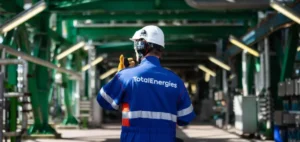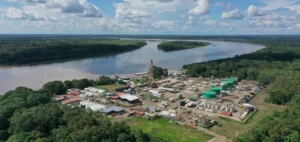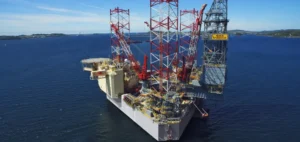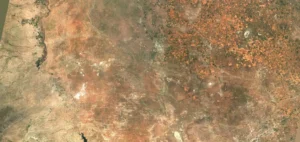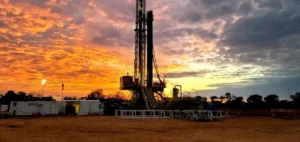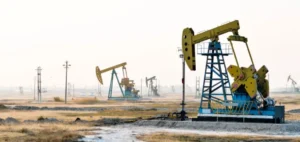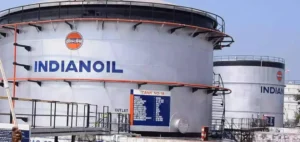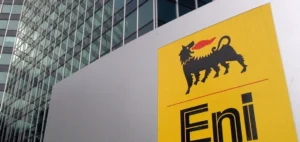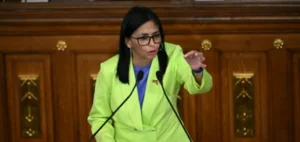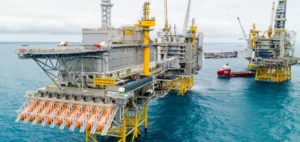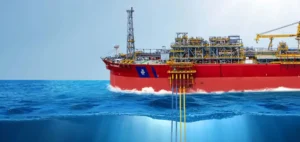Taiwanese President Tsai Ing-wen began her visit to Eswatini with a promise to support the country’s plans to build up a strategic oil reserve, her office announced on Wednesday.
Tsai Ing-wen and King Mswati III sign an agreement to create a strategic oil reserve in Eswatini
On Tuesday, Mrs. Tsai signed an agreement with King Mswati III, Africa’s last absolute monarch, on an oil installation project, according to the same source.
“I hope this project will be completed so that we can build a strategic oil reserve here to secure the country’s energy supply”, said Ms Tsai in a video released by her office on Wednesday.
Eswatini (formerly Swaziland) is the only African country to diplomatically recognize the island rather than Beijing. The southern African country is thus on the short list of 13 countries that diplomatically recognize Taiwan. It relies heavily on neighboring South Africa for its fuel supplies.
On its website, Eswatini’s national oil company stated that the facility will guarantee an “uninterrupted fuel supply”, should the country no longer be able to import fuel.
This is Mrs Tsai’s second visit to Eswatini, where she is due to attend celebrations marking the independence day of this former British colony. The Taiwanese president said she hoped their “friendship” would “endure and grow stronger”. Since Tsai Ing-wen came to power in 2016, Beijing has sought to isolate Taipei diplomatically, as she is a member of a party that traditionally advocates independence — an absolute red line for Beijing.
Why does it matter?
The creation of a strategic oil reserve in Eswatini, with the support of Taiwan, is of significant economic and energy importance. This initiative will enable Eswatini to guarantee a continuous supply of fuel, reducing its dependence on South Africa for fuel imports.
What’s more, this collaboration strengthens diplomatic relations between Taiwan and Eswatini, two players who maintain ties despite international pressure from Beijing to isolate Taipei on the world stage.
On the economic front, this initiative could open up new opportunities for cooperation in the energy sector and reinforce the region’s energy stability. The implications of this collaboration therefore deserve particular attention, especially in the current geopolitical context.



